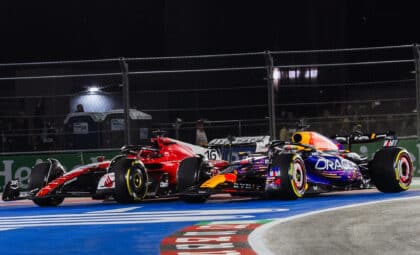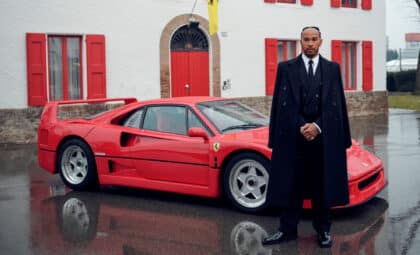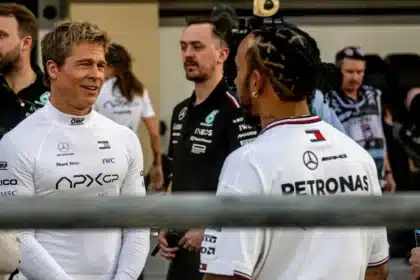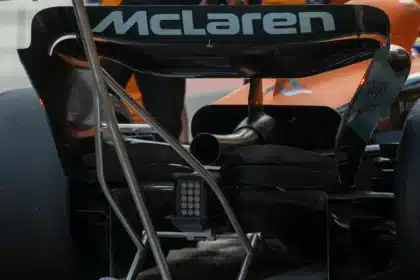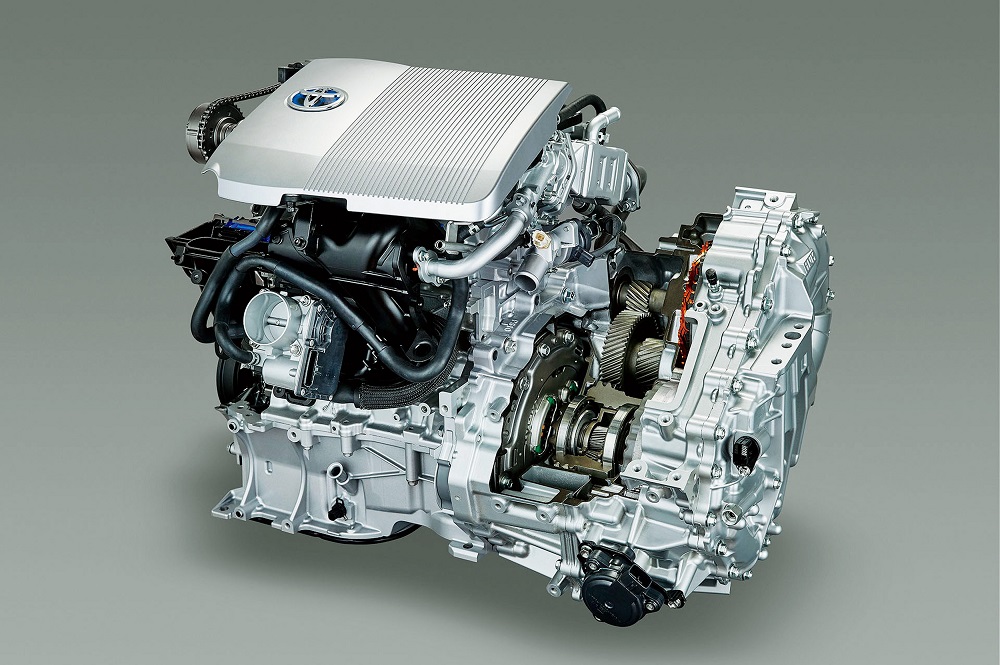 Photo: Toyota
Photo: Toyota
Toyota expects to invest more than $13.5 billion by 2030 in solid-state battery technology, which it believes will one of the most important automotive technologies of the next decade. Toyota may well be resisting the all-in push to EVs at the present time, but there’s no doubt the automaker sees batteries as the cornerstone feature of future cars.
Toyota is one of the world’s foremost developers of batteries for EVs, and it continues to also invest in traditional nickel-metal hydride and lithium-ion batteries. But solid-state batteries could be the holy grail of EV technology as global governments and manufacturers aim for 100-percent EV sales by 2030-35. In addition to in-house research, the automaker has teamed up with Panasonic to accelerate development.
Learn More: Toyota hybrid and electric technologies
In laymen’s terms, solid-state batteries can hold substantially more energy than traditional lithium-ion batteries, enabling them to be smaller and lighter. Additionally, they can be charged in only a fraction of the time — up to six times faster than current technology. Researchers also estimate that solid-state batteries would increase the lifetime of EVs to 10-15 years, about on par with gasoline-powered vehicles, without the need to replace the battery.
The tricky part is keeping the batteries stable at normal operational temperatures. Typically, solid-state batteries need to be kept at 140 degrees Fahrenheit during charging, making them impractical, as this would require equipping them with heaters. Furthermore, solid-state batteries are currently very expensive to mass-produce and prone to cracking.
Scientists are currently working on ways to get around these problems, but it’s clearly going to take time — and a whole lot of money. Toyota is one of the front runners to mass-produce solid-state batteries and expects to begin introducing them in its vehicles, including hybrids, in the mid-2020s. But while Toyota is the only one putting in as much as $13.5 billion, it’s not alone in investing in the technology. For company, it has Volkswagen, Stellantis, Ford, BMW, Hyundai, and Samsung.
Kurt Verlin was born in France and lives in the United States. Throughout his life he was always told French was the language of romance, but it was English he fell in love with. He likes cats, music, cars, 30 Rock, Formula 1, and pretending to be a race car driver in simulators; but most of all, he just likes to write about it all. See more articles by Kurt.

